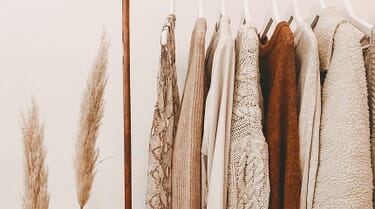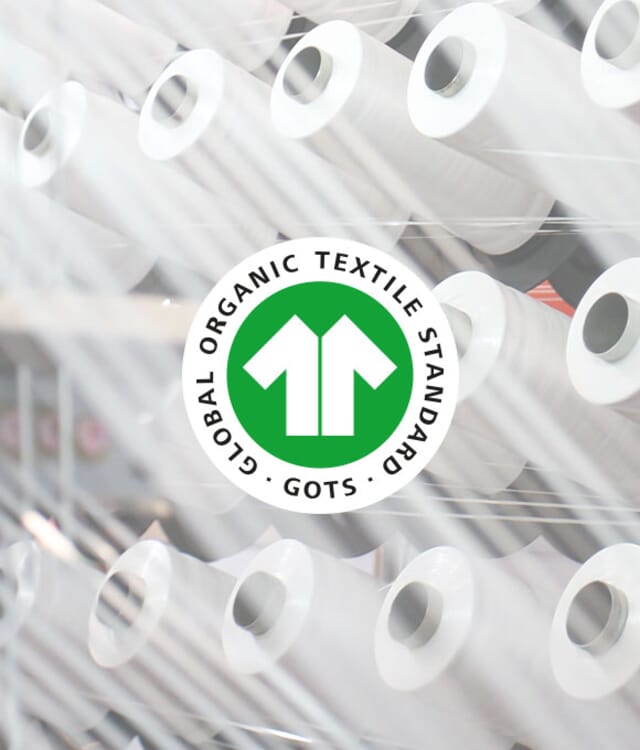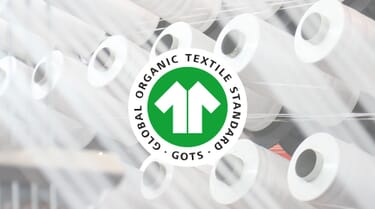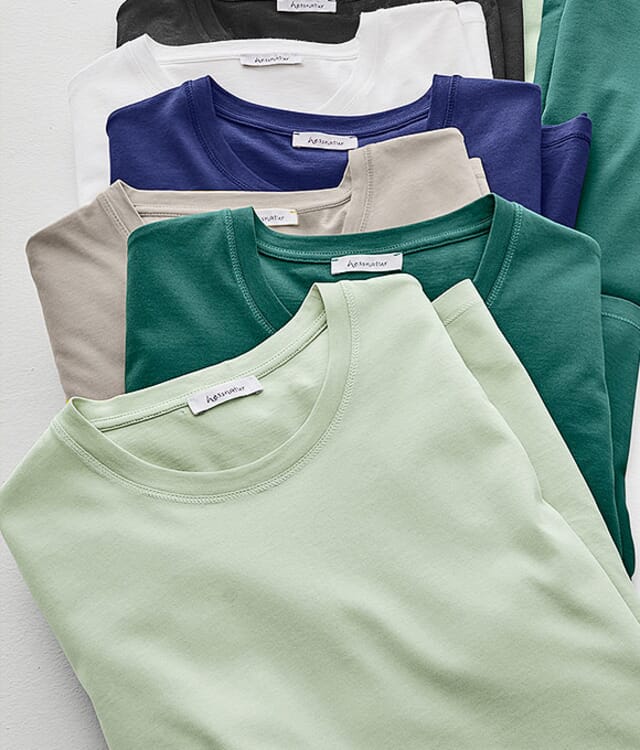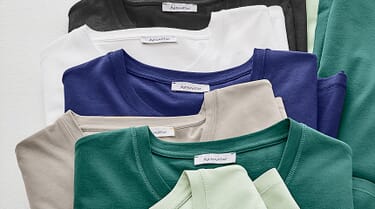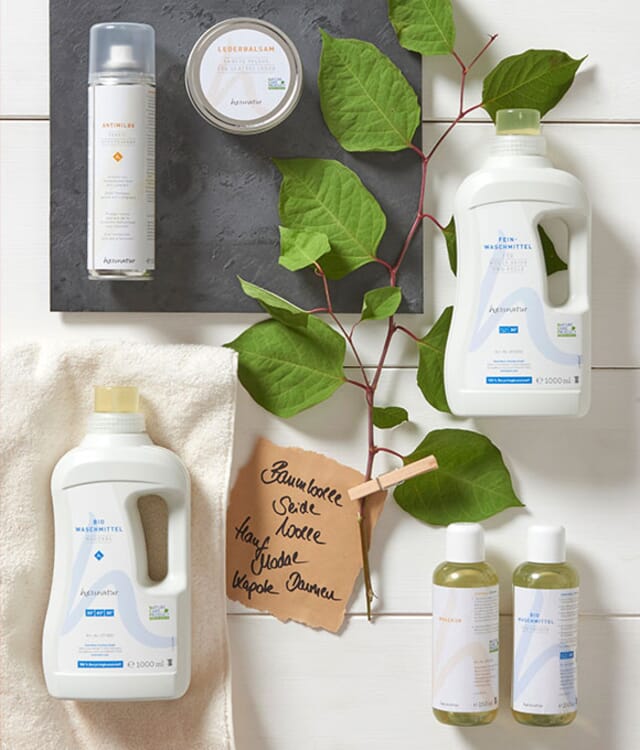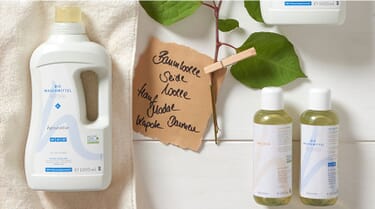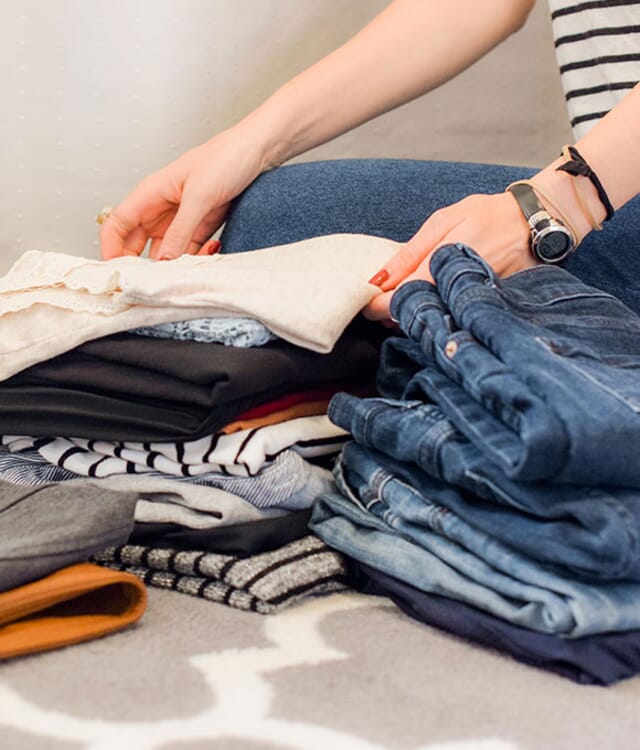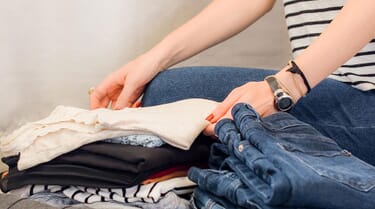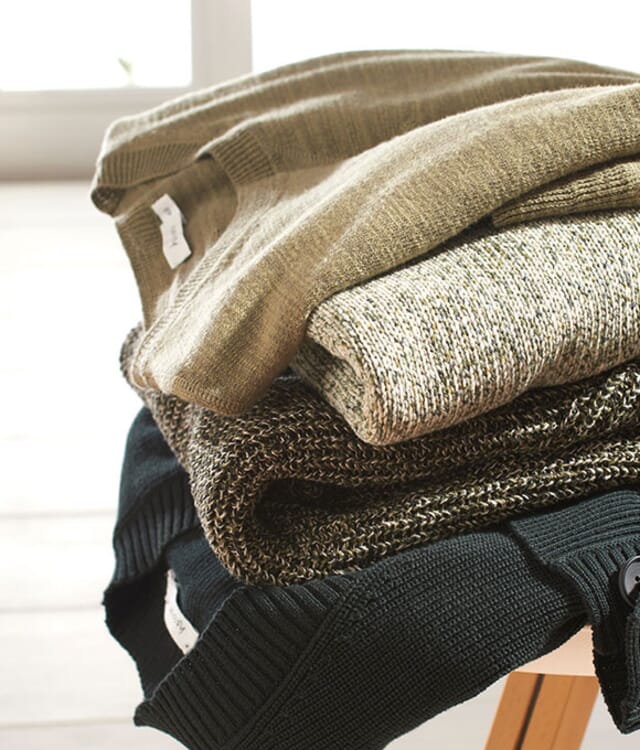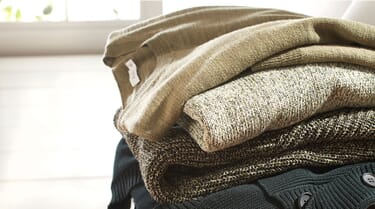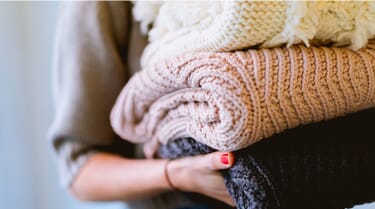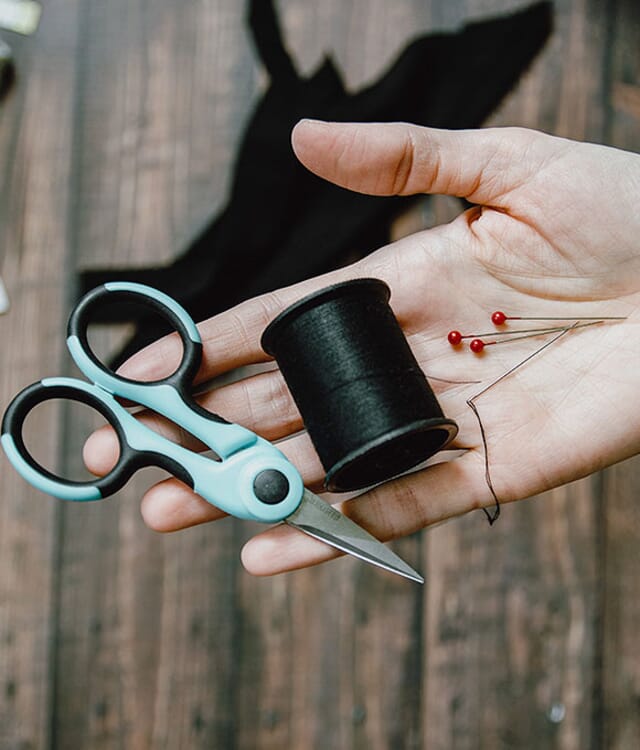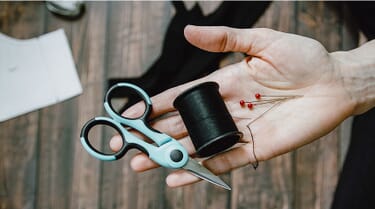

Act together.
For more tomorrow.
Each of us leaves an ecological footprint. Together we can keep it as small as possible: for our environment and the quality of life of all people today and in the future.
Living sustainably means using resources sparingly. Small, everyday decisions help to keep our personal ecological trace as small as possible. Together, something big arises: Every single small step takes us one step further on the way to a new, mindful approach to our environment and our fellow human beings.
Together we did great things.
Since August 2010 we have saved, conserved and protected these resources by growing organic cotton compared to conventional cultivation.


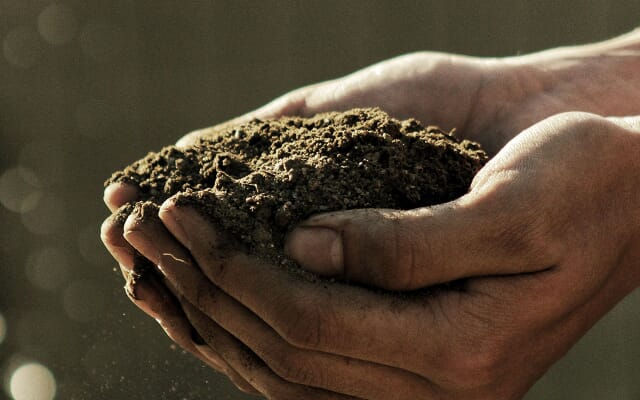
Thanks for your contribution for more tomorrow! We have already achieved a lot together. Let's move on.
Our little everyday tips show which steps can help us reach our goal faster. For a more future.
Mindfulness instead of doing without: Rely on these simple tips with a big effect: This is how you shop responsibly, use your favorite items in a resource-saving manner and thereby keep your ecological footprint small. For more conscious enjoyment of the beautiful things in life.
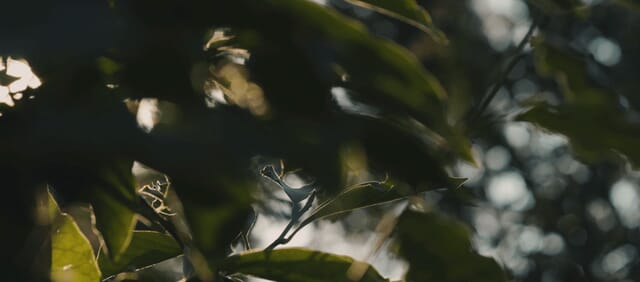

Our credo:
Save, conserve and protect
SUSTAINABLE AND CAREFUL HOW YOUR FAVORITE CLOTHES ARE CREATED WITH US
-
Save energy.
We use the most modern technologies for the machine production of our textiles and thus reduce electricity consumption and the formation of greenhouse gases.
-
Conserve water.
At hessnatur, we use water-saving and water-conserving processes in every production step in order to counteract shortages and contamination.
-
Protect floors.
With ecological cultivation and grazing methods, we protect the soils stressed by Hessnatur and keep them fertile and productive for future generations.
-
Preserving biodiversity.
We use ecological fertilizers and fight pests with their natural enemies in order to protect biodiversity and preserve existing ecosystems.
"The reconciliation of economic and ecological requirements of our modern society can only succeed through sustainable development."
Heinz Hess, 1996

Our favorite material:
environmentally friendly organic cotton.
less water consumption *
less CO 2 emissions *
less soil pollution *
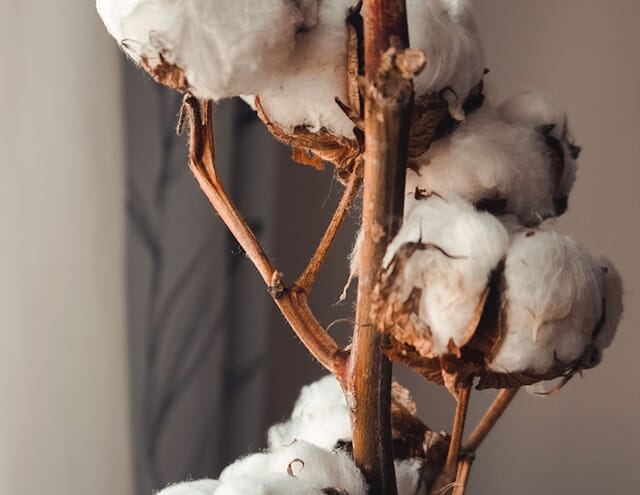

Transparency and responsibility. For more solidarity with people and nature.
In return, we receive fibers of the highest quality from nature, which can be processed into particularly durable textiles.

